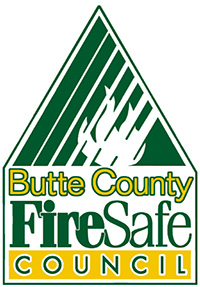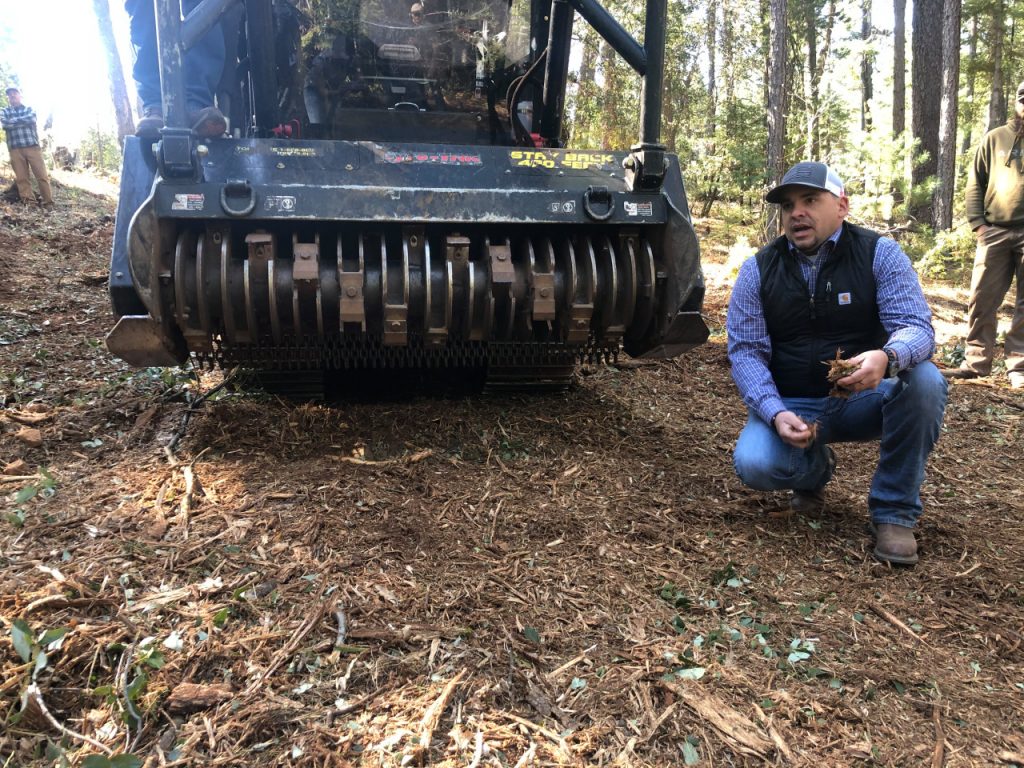Chico ER 4/11/21
COHASSET — Butte County projects are benefiting from grants to speed up fire prevention, however the season to prepare is short for what’s predicted to be an intense California fire season.
According to a recent analysis from the National Institute of Standards and Technology of the Camp Fire’s impact on vegetation on the ridge, fuel treatments around communities may not be able to significantly reduce ember exposures. The report said in wildland and urban interface fires — which are those which occur under severe conditions with challenging topography, low vegetative fuels moisture and high wind speeds — embers can potentially result in catastrophic life and property losses in communities with a high density of vegetative and structural fuels.
The Camp Fire, and subsequent laboratory and field work, demonstrated embers can have significant impact on communities with mixed wildland and urban infrastructure — with energy to cause ignitions generated from parcel-level combustibles such as landscaping mulch, fences and firewood piles. Ember ignitions downwind from parcel-level combustibles enable fire to readily spread from parcel to parcel, the report noted.
And, the hardening of residential and non-residential structures to resist ignition from direct flame exposures can be addressed using two different technical approaches: the fuels can be displaced or the target structure can be hardened, according to the analysis. Reduced ignitions can be achieved by a vegetative fuel treatment on the community by displacing fuels within a parcel — such as locating a combustible shed away from the residence — or increasing the structure setback from the property line, effectively increasing structure separation distance.
There has been concern expressed to the county’s Board of Supervisors over limitations under the California Board of Forestry and Fire Protection’s proposed fire safe regulations, which if approved would go into effect July 1. These regulations — proposing requirements for improving roads to properties, including driveways and private roads and public roads, and limiting dead-end road lengths — would include all parcels within “high-severity areas,” or nearly all eastern foothill communities in Butte County, including Cohasset, Forest Ranch and Paradise. The road improvements for a project would be required to the nearest collector road — not just the roadway in front of or along the property.
Local projects
Despite concern about how to conduct significant fuel treatments to prevent more disastrous fires, the Butte County Fire Safe Council has been conducting multiple thinning and controlling efforts around Butte County before July.
Members of the Cohasset community came to a fire council-initiated demonstration of an advanced mastication machine Friday which showed turning even large trees into mulch as a fire prevention strategy alternative to hand chipping.
The mastication results funded by Sierra Nevada Conservancy and Cal Fire-Butte County Fire Prevention got positive feedback from locals. Landowner Ron Hall said, “I’m sure every resident up here for the summer, this will probably be the one where we’re most scared because of the lack of water. (There is an) urgency to get as much done as we possibly can.”
Executive Director Calli-Jane DeAnda explained to landowners how community signups for hand chipping projects continue to be important as pile burning is ending soon as the heat increases, postponed until late November. Meanwhile, three contracted herd owners are handling some grazing of treated land with goats, which DeAnda said is the most cost effective option when land is treated properly.
DeAnda also explained two North Valley Community Foundation grants for use in the North Complex fires area. The largest grant, $125,000, is for a fire prevention project in the Berry Creek area for the Lake Madrone Water District fire break surrounding a 484-acre district. The other grant of $62,500 will help Paradise Alliance Church expand its defensible space program, mobilizing volunteers to help homeowners remove dead and dying trees.
Another council project is out to bid for upper Magalia to Butte Creek for hand cutting and chipping.
“We hope to hear from PG&E if they are going to re-fund our chipper program, we’ll know in about three weeks,” DeAnda said. She added the utility is hesitant to fund countywide chipping projects as they “want them to be localized.”
DeAnda said the timber industry is over-saturated with lumber due to many recent fires. The council’s Jim Houtman added the focus continues to be on promoting biomass to make use of wood chips for biofuel energy, reducing fuel in the forest and increasing hardening and chipping projects.
“We’re trying to get a local facility set up, ideally one on the bottom of each ridge line so we can shorten that transportation bringing (material) to a facility, turn it into hydrogen and then sell that hydrogen to make a … revenue stream” which could be used to turn around and make more projects as a circular system, he said.
The Butte County Resource Conservation District is also teaching people how to do their own prescribed burns in Forest Ranch, alongside Cal Fire-Butte County. The next burn will take place Saturday at the Shandel ranch on Oak Grove Lane in Forest Ranch.

